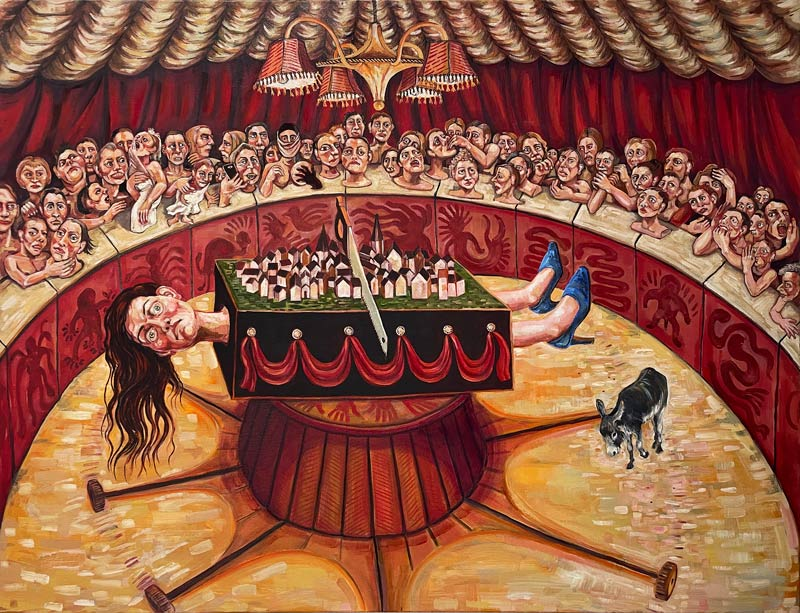Thursday, October 24

Georgetown University Global Irish Studies presented:
“‘We can’t do without Ulster, and she’ll find out the same about us some day!’: An All-Island View of Irish Women’s Partition Fiction.”
A talk by Dr. Dawn Miranda Sherratt-Bado
This talk occurred on Thursday, October 24 at 6pm in Room 205, Old North, Main Campus.
“We can’t do without Ulster, and she’ll find out the same about us some day!” So declares the protagonist of Edith Somerville’s Big House novel An Enthusiast (1921), which takes place at the height of the Irish War of Independence. Dr. Dawn Miranda Sherratt-Bado will discuss fiction by women who experienced the partitioning of Ireland, tracing how they chronicle this period of revolutionary history and envision alternate futures. Her talk covers well-known writers Elizabeth Bowen, Dorothy Macardle, and Edith Somerville, alongside lesser-known authors such as Donegal-born Margaret Barrington. Situating their work in relation to a wider nexus of institutional memory, including state commemorations and Irish Studies, Dawn Miranda seeks to advance our understanding of a contentious history. How does foregrounding women’s partition narratives shift or displace dominant metanarratives about the Irish Revolution? Her talk aims to foster gender-inclusive understanding of the history of partition through literature, and to consider how women’s partition fiction illuminates the potential for a “shared island”.

Dr. Dawn Miranda Sherratt-Bado is a civil servant and academic based between Washington DC and the Institute of Irish Studies at Queen’s University Belfast, with a PhD from the University of Edinburgh. She won a Markievicz Award from the Arts Council of Ireland and the Irish Government for her forthcoming book, an all-island study of women writers and the Irish Revolution, and was awarded a Decade of Centenaries Bursary from the Royal Irish Academy and the Irish Government Dawn Miranda has coedited the anthology Female Lines: New Writing by Women from Northern Ireland (Dublin: New Island Books, 2017) and has published widely in academic journals and arts and culture periodicals.
